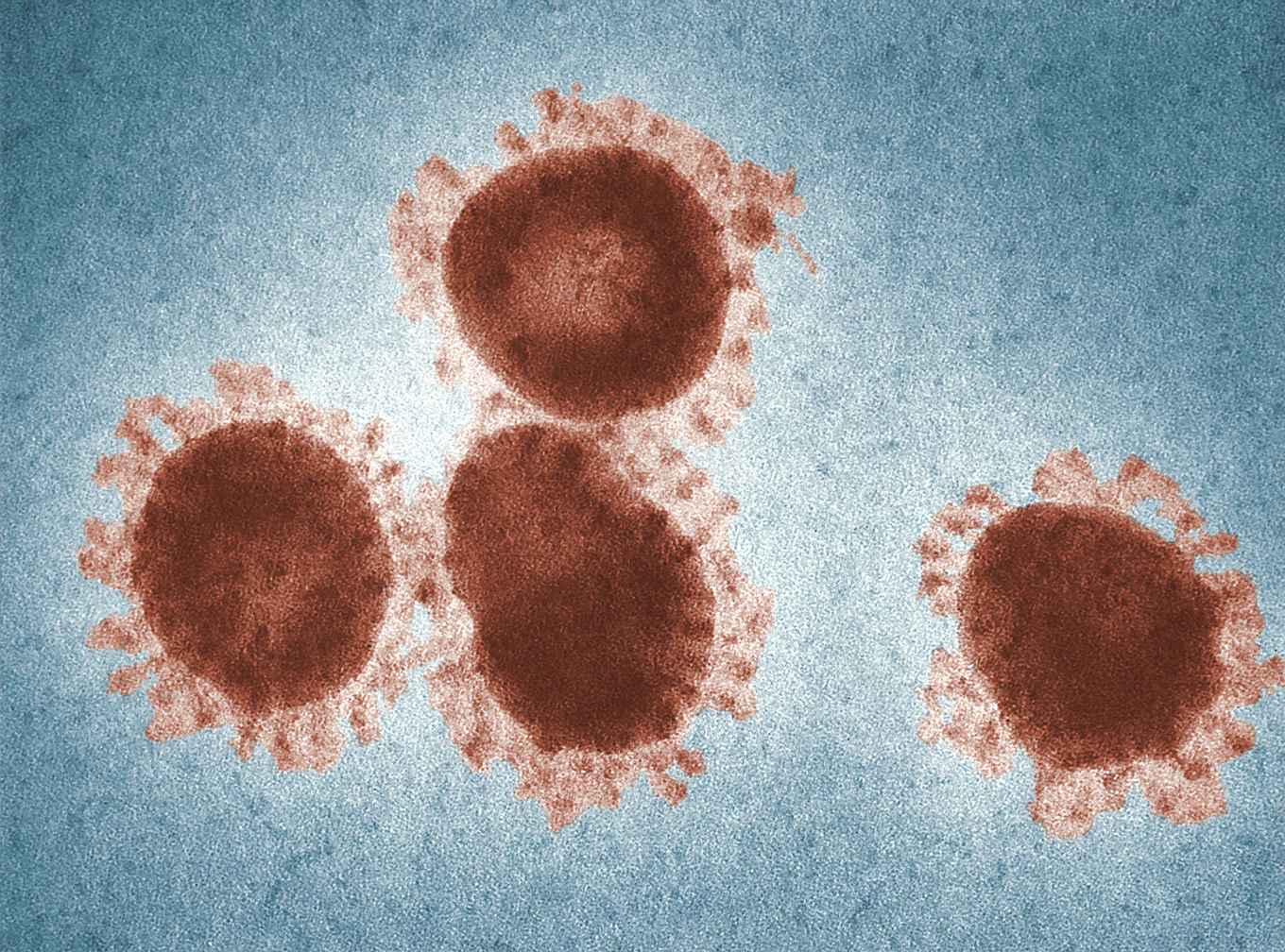Molecular biologists identify possible ebselen-derived inhibitors of COVID-19
15 February 2021

An efficient treatment against COVID-19 disease, caused by the novel coronavirus SARS-CoV-2 (CoV2), remains a challenge. Although vaccination programs started in many countries there is still a need for an anti-COVID-19 drug. That is why Ewelina Weglarz-Tomczak and Stanley Brul from SILS-UvA have been working together with a team of chemists, biologist and computer scientists to see if they could predict what kind of molecules can serve as potential inhibitor of the virus.
Inhibiting viral enzymes by ebselen
The human coronavirus has a protease - an enzyme specialized in breaking down specific proteins - called papain-like protease (PLpro). PLpro plays an essential role in virus replication. It is crucial for the processing of viral polypeptides and the gathering of new viral particles within human cells. Moreover, CoV2 uses this enzyme to modulate the host’s immune system to its own advantage. It alters host-cell proteins by deubiquitination (the removal of ubiquitin), and deISGylation (the removal of ISG15). This fools the host antiviral innate immune response. Therefore, the immune system of an infected person cannot recognize infected cells.
The team shows that ebselen can inhibit the activity of the protease PLpro in a fast and irreversible way. This is already effective at very low levels, a dose in the micromolar range suffices. Ebselen shows minute toxicity in cells at these levels and therefore should be safe to use.
Checking ebselen-like molecules for better activity
Now that the scientists learned more about the working of ebselen against CoV2, they tested different ebselen derivatives for inhibition of PLpro. After analyzing eleven derivatives that showed inhibition against PLpro in SARS and CoV2 virus, they identified four molecules that act as strong inhibitors against PLpro from CoV2. These are highly promising to further study as possible drugs against COVID-19 as well, and should be further tested in living cells.
The discovery has been published in the journal Scientific Reports. Ewelina will continue her research on finding effective inhibitors against COVID-19 and believes the discovery may contribute to the development of anti-COVID-19 therapy.
Publication details
Ewelina Węglarz-Tomczak, Jakub M. Tomczak, Michał Talma, Małgorzata Burda-Grabowska, Mirosław Giurg, Stanley Brul: “ Identification of ebselen and its analogues as potent covalent inhibitors of papain-like protease from SARS-CoV-2”, in Scientific Reports (11 February 2021)